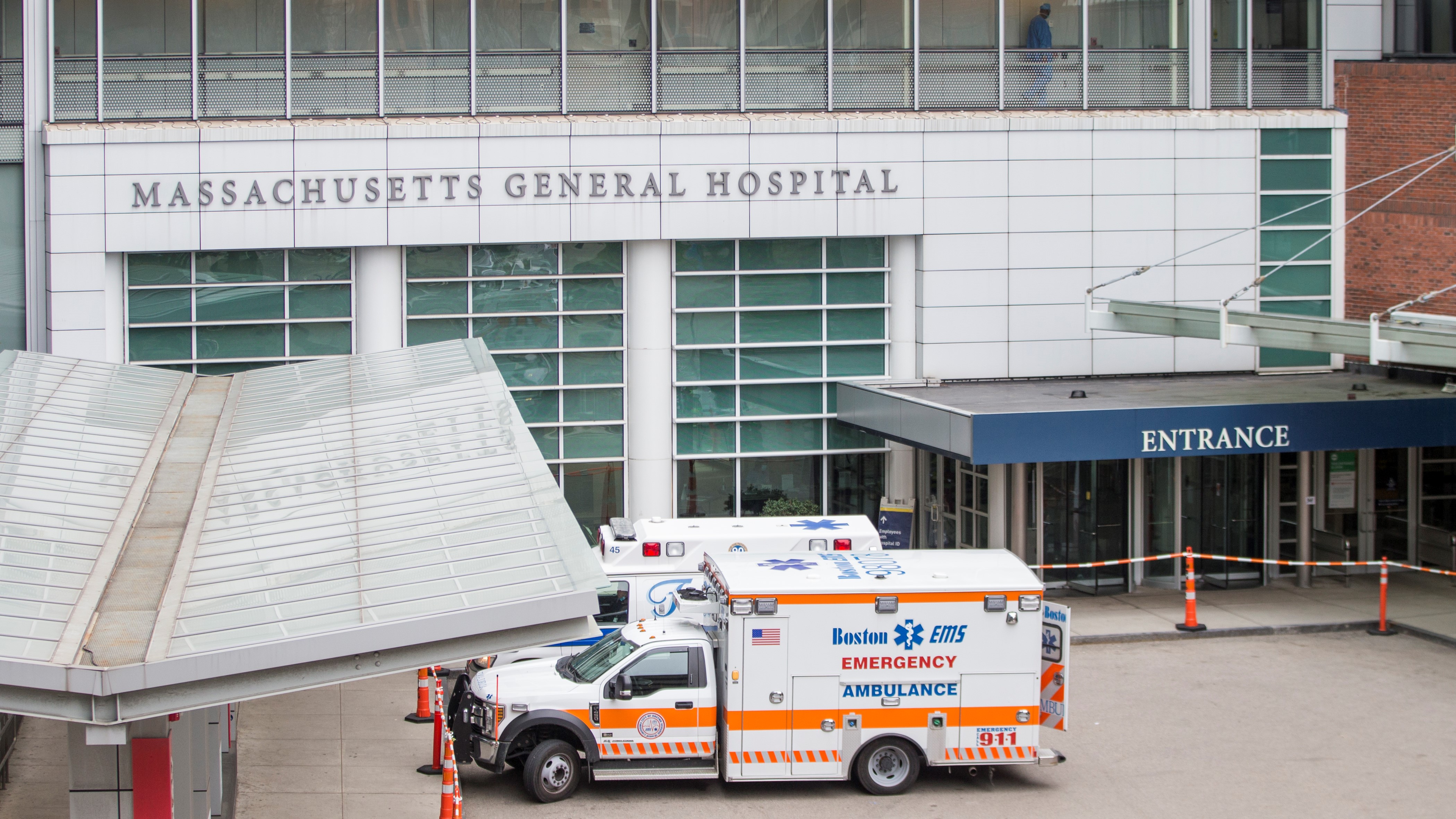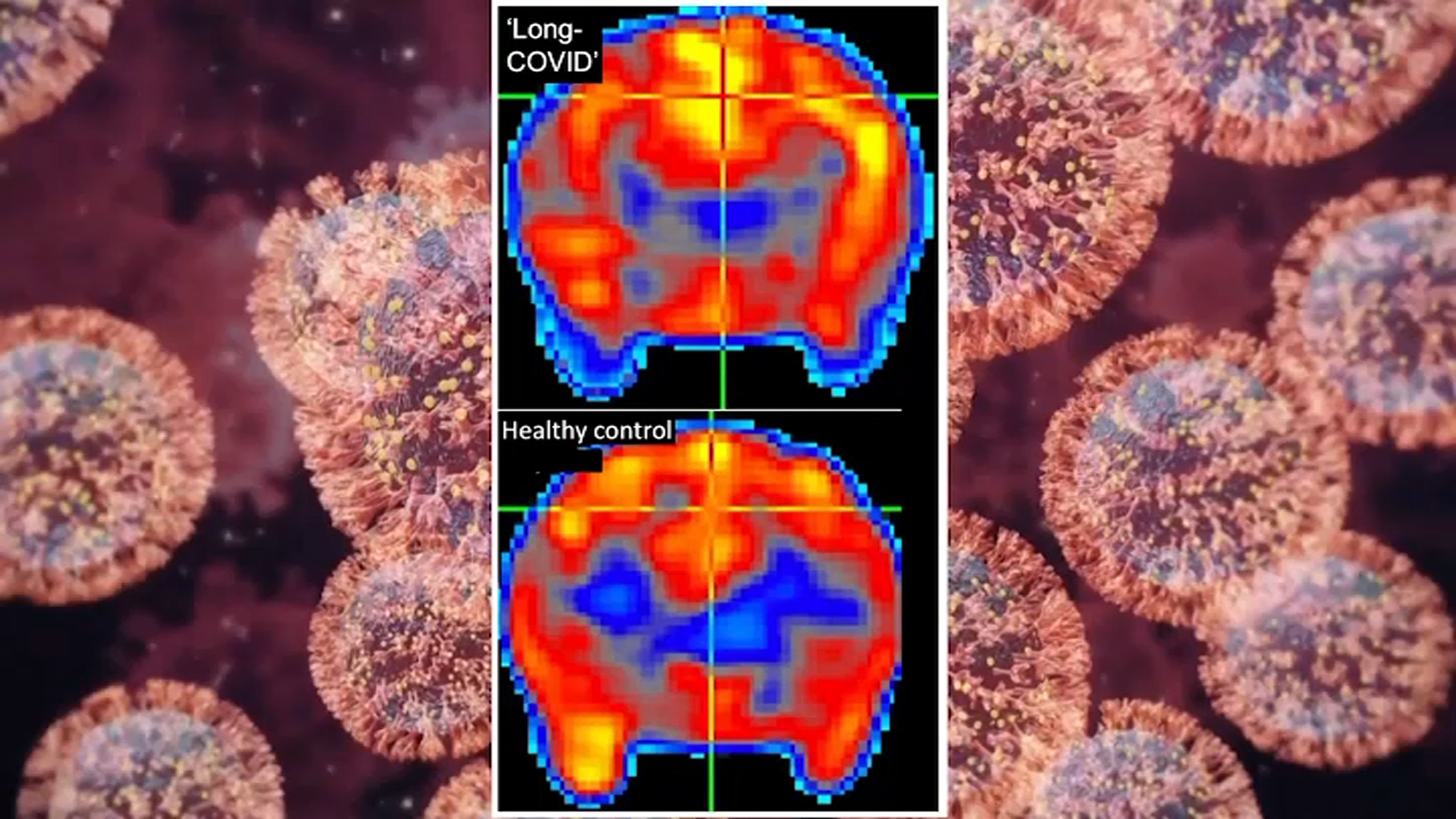Most people who were hospitalized with COVID-19 continue to experience symptoms long after their initial diagnosis, a new study shows.
Fewer than one in three people who were hospitalized fully recovered one year after they were discharged, accounting for just 29% of patients. The persisting symptoms are commonly referred to as long COVID.
WATCH ANYTIME FOR FREE
>Stream NBC10 Boston news for free, 24/7, wherever you are. |
The study observed about 750,000 people who were hospitalized with COVID-19 in the UK and was published in The Lancet, a weekly peer-reviewed general medical journal.
Get updates on what's happening in Boston to your inbox. Sign up for our News Headlines newsletter.
Get updates on what's happening in Boston to your inbox. Sign up for our >News Headlines newsletter.
What are the most common symptoms of long COVID?
The most common ongoing symptoms include fatigue, muscle pain, physically slowing down, poor sleep and breathlessness.
Women have a worse recovery rate than men, the study shows. Other factors associated with being less likely to fully recover were obesity and invasive mechanical ventilation received during acute illness.
Researchers said the data shows how long an impact COVID-19 will have on people after an initial infection. The study emphasizes the need to find ways to treat lingering symptoms and speed up the recovery process.



